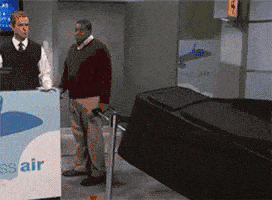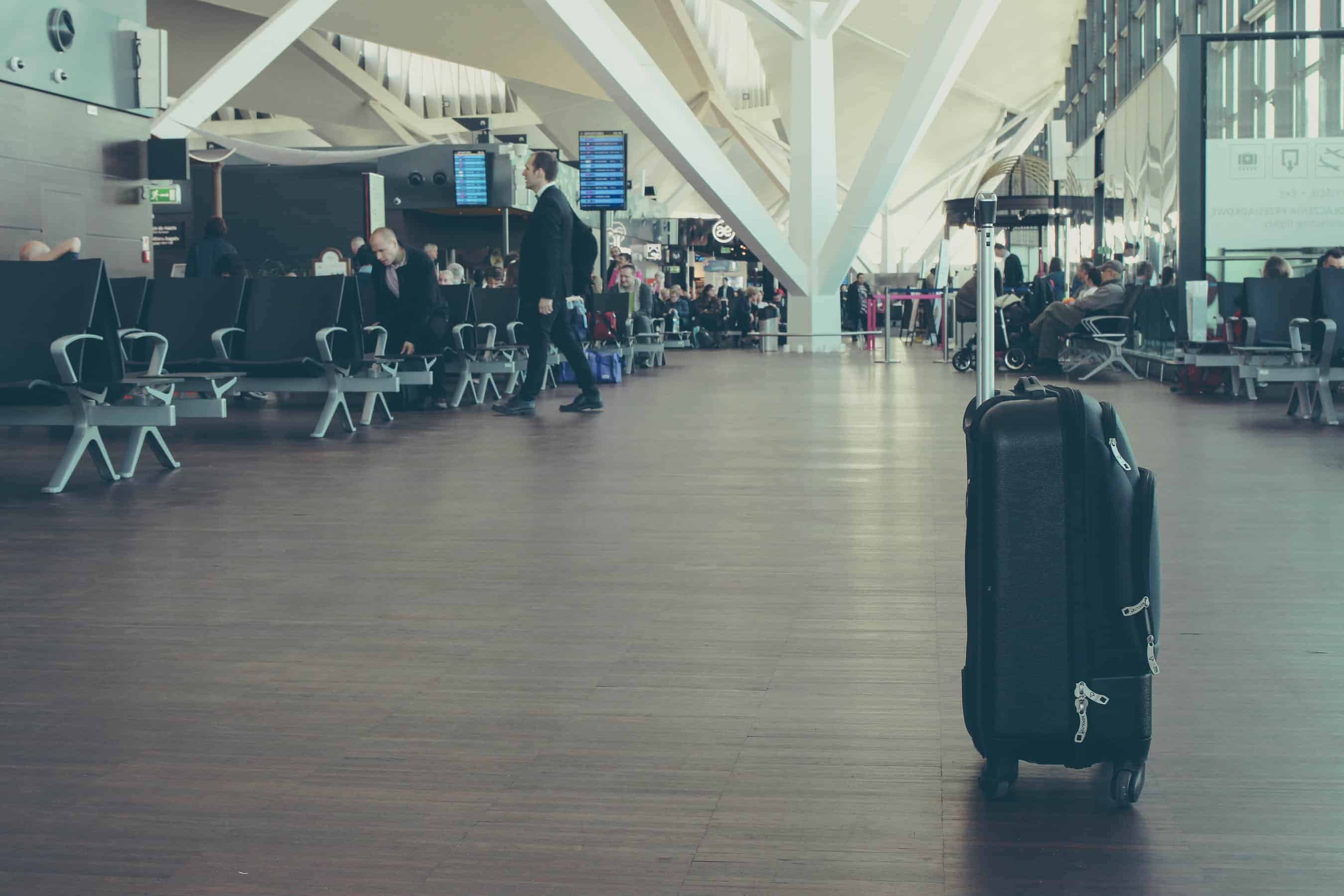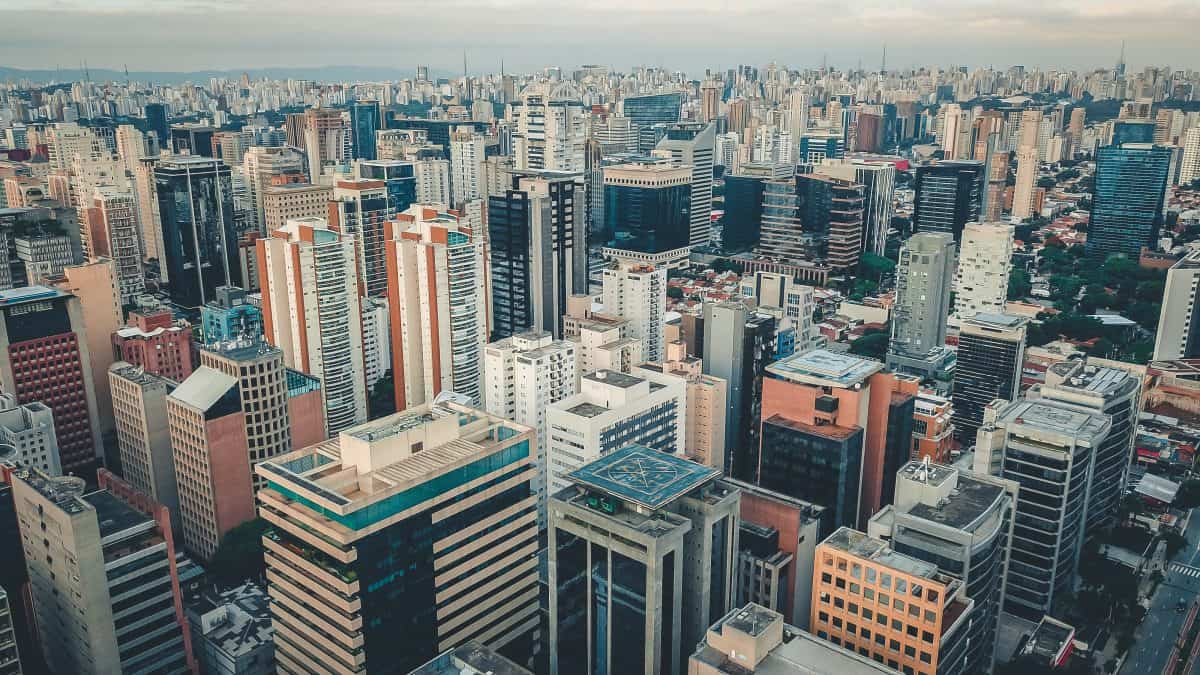Contxto – At one time or another, most travelers experience the hassle of carrying luggage around before they catch a flight or bus. At least I experienced this after moving around Spain like a nomad.
Whether or not I packed light, it was sometimes overwhelming to find a place to store my belongings after checking out of my hostel, Airbnb or CouchSurfing accommodation. Oftentimes, travelers like myself have to diddy daddle with weight on our shoulders before journeying to the next destination.
But who wants to lug around suitcases or backpacks in Lima when you have the whole afternoon ahead of you for last-minute exploration? This is where Airkeep is solving the pain point.
Snapshot

Description: Online marketplace for travelers to store luggage while traveling in Latin America.
Country: Chile
Industry: Travel
Founders: Cristobal Matte
Founding Date: August 2017
What?
Airkeep is a platform easing the burden for travelers in need of a temporary place to store their goods. The platform connects users with hotels, shops, and homeowners (known as Keepairs) willing to “host” precious cargo.
Everything from bags, suitcases, helmets, to excess clothing, can be safely stored for hours, days or weeks at a time. Some Keepairs even provide other features, such as health services, water or WiFi for travelers to utilize.
How?
Users can check out available listings in various cities over the website. After conducting a search, the results come up on a map with nearby places to store items. The experience is similar to booking an Airbnb, with photos, descriptions, and availability listed.
Once users place their reservation and designate a drop-off time, they receive an email verification with the Keepair’s address and contact number. From there, they can continue traveling without having to worry about their baggage weighing them down.
In terms of security, the startup verifies travelers’ passport and credit or debit card over the system. This reassures Keepairs about who is dropping off items at their home or business.
“We visit the places and make sure the conditions are as described in the application to assure the user’s experience,” said one of the co-founders, Francisco Echeverría.
As a side note, users agree to have Keepairs inspect contents by using the service. Stickers are also available to place on items to avoid potential confusion or misunderstandings.
Why?
What Airkeep offers is a unique yet reliable solution compared to the inconvenience or physical toll of going around with all of your belongings. Sometimes check-in or check-out times don’t correspond to your itinerary, which can often leave you in a bind.
According to Echeverría, Airkeep’s services represent more than just temporary storage but an all-encompassing “rest stop” for travelers.
“We wanted a solution to the weight problem but something with added value,” said Echeverría. “That’s why we thought a keepair or host not only being a safe place to leave belongings but also a place that can provide a basic experience.”
It can be bathroom use, WiFi connection, phone charging, or even a cup of coffee. Minimal details when traveling that one really appreciates.
Francisco Echeverría, co-founder of Airkeep
Also, in terms of Latin America’s many narrow streets packed with people, hauling bulky luggage around can certainly hinder mobility.
Status
As of today, Airkeep mostly runs in Santiago and Valparaiso in Chile. There are also operations in Lima, Rio Janeiro, as well as Cartagena and Santa Maria, Colombia. In Europe, services are also available in Madrid, Barcelona, London, and Brighton, England.
Since the 2017 founding, Airkeep has attracted over 1,500 registered users and more than 60 active Keepairs, registering more than 500 saved items.
Business Model
Hosts are known as “Keepairs” who must register on Airkeep’s website. First, they must create an announcement with the address of the home or retailer, accompanied by a photo. The location will only be visible to viewers once they have confirmed their reservation.
Using the platform is free for Keepairs, and they also earn 55 percent of commissions from transactions in the local currency. Business partners also have the incentive to look over your goods to promote their facilities to travelers.
Everything makes logical, although the pricing confused me at first. At first glance, the price depends on the number of items and duration, as follows (according to their website):
- 1 day = US$7 per day, per item
- 2 to 13 days = US$5 per day, per item
- 13 to 30 days = US$65 per item (see Side Note)
- +30 days = US$2.20 per day, per item
*Side Note
Fortunately, a member of Airkeep clarified my confusion. At first, it seemed strange that Airkeep is charging such an exorbitant amount of money per item for stays between 13 to 30 days. But if you do the actual math, it makes sense.
After day 10, the daily rate becomes US$5. Therefore, 11 days costs $55, 12 days costs US$65, and 13 days costs US$65. But after the 13th day, the startup fixes the price per item for the whole month to avoid someone paying US$120 per item for 24 days, for example. So, technically, this is more cost-efficient in the long run.
Available listings also seem to rotate exclusively around the drop-off and pick-up times. I wanted to drop off my belongings at 1 p.m. and retrieve them at the same time. I saw nine locations to choose from but some appeared to be on the outskirts of Santiago, so that wouldn’t be so convenient.
Funding
Airkeep has raised US$92 thousand in seed money, according to CrunchBase. Specifically, the group raised US$52 thousand in March 2019 and US$40 thousand in November 2017.
Magical Startups is the primary investor. Other supporters include the Chilean government and CORFO, according to the startup’s website.
Future
We have reached out to the founders to learn more about what awaits Airkeep. I will continue to update the article as I learn more.

-JA





